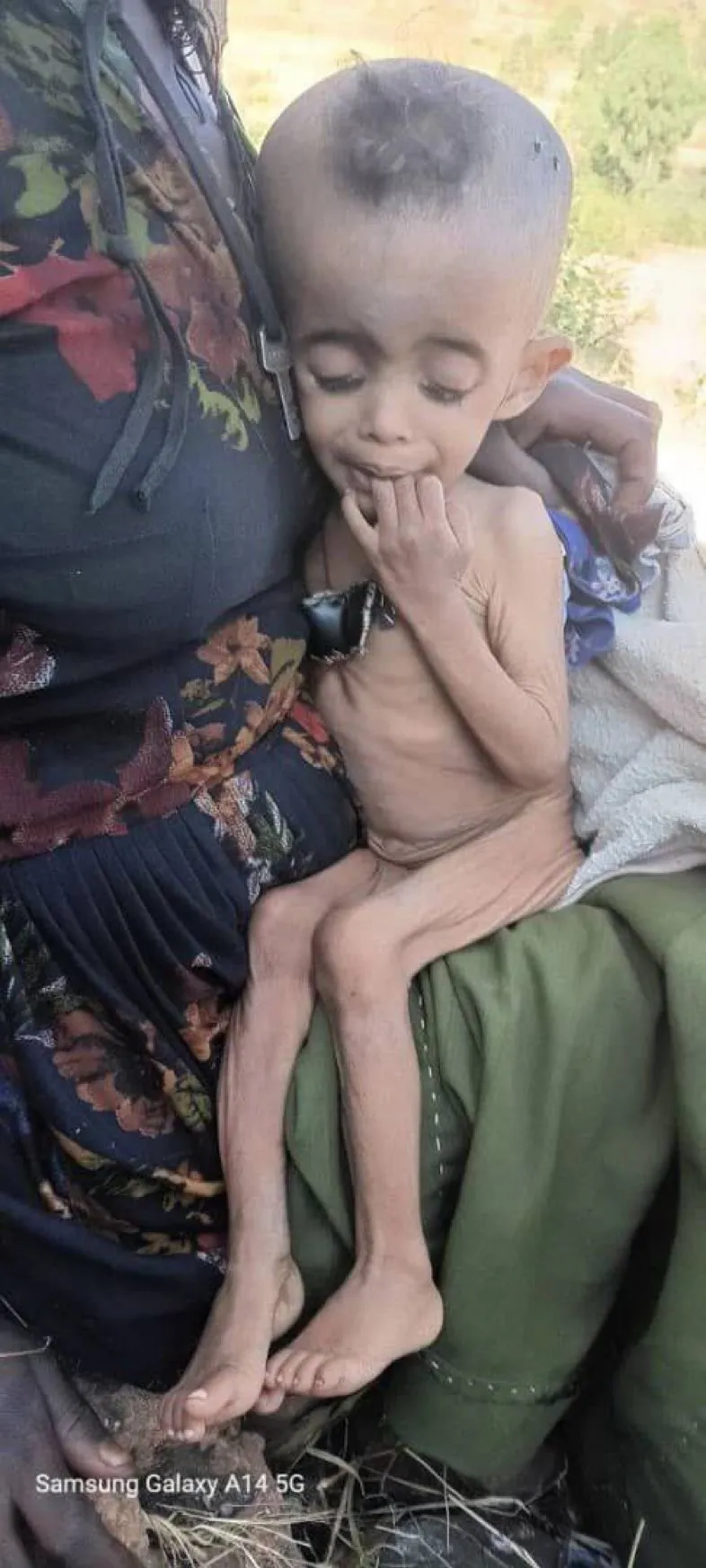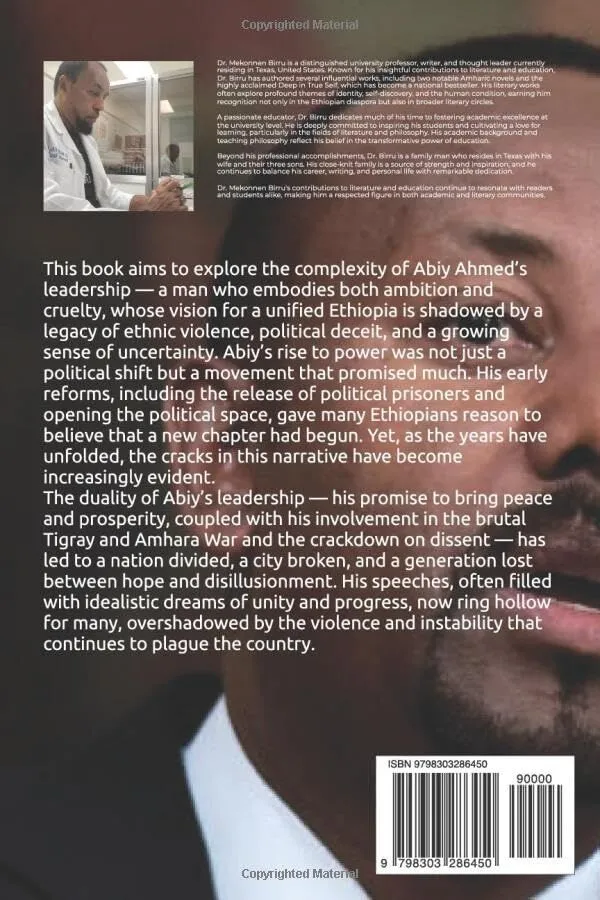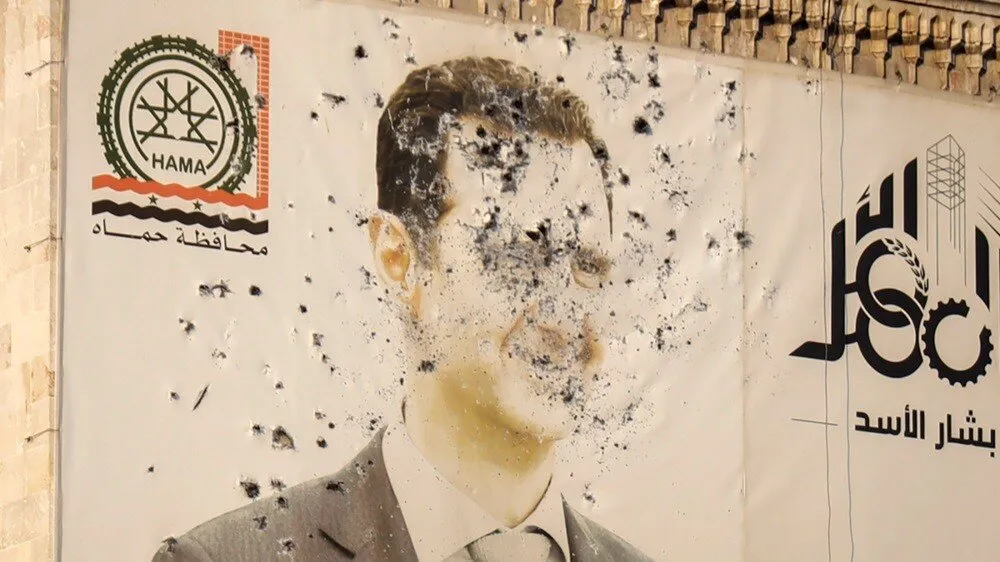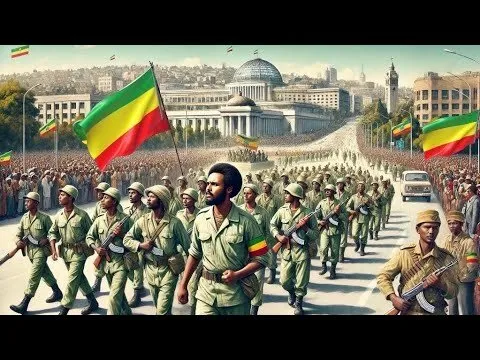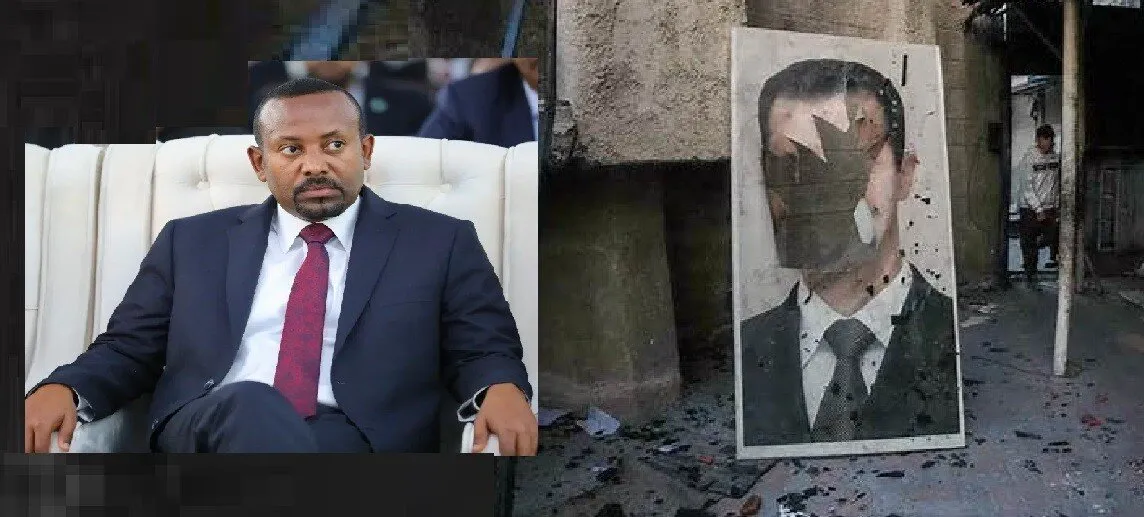ADDIS ABABA (Reuters) – A former Ethiopian president and a former defence minister have joined the same opposition party, strengthening it against a government accused of suppressing critics before national elections in May.
Negaso Gidada, president from 1997 to 2001, and Seye Abraha a former rebel leader who became defence minister for four years from 1991, joined the Unity for Democracy and Justice party (UDJ) on Thursday.
The UDJ is part of an eight-party coalition called Medrek, or the Forum, that most Ethiopians view as the most significant threat to the government at the ballot box. The UDJ’s leader Birtukan Mideksa, 36, has been in prison since last December.
“Our joining the UDJ sends a signal that we have to work hard for the unity of the country and the Ethiopian people,” Negaso told Reuters, adding that if Ethiopian political parties were not ethnically diverse then the country could split.
Ethiopia has about 80 ethnicities and parties have traditionally been formed along ethnic lines. UDJ leaders now come from the three most prominent groups.
Seye was jailed for corruption in 2001 after falling out with Prime Minister Meles Zenawi and, after his release in 2007, he became a vocal opponent of the government, which has been in power for nearly 20 years.
“POLITICAL PRISONERS”
Meles and Seye come from the Tigrayan ethnic group, who make up just 6 percent of the population but dominate politics.
Most analysts agree Meles’ Ethiopian People’s Revolutionary Democratic Front (EPRDF) will win easily at the ballot box, despite growing allegations of squashing political criticism.
“They say that because the landscape is unfavourable for free and fair elections,” Seye told Reuters. “There are laws that can be used against voices of dissent. We will be making the release of political prisoners a campaign priority.”
Meles says the opposition is trying to discredit an election that it has no chance of winning and therefore provoke the West into stopping the aid which the poor country relies on.
Opposition leaders told Reuters this month that their members were being refused food aid to force them to join the ruling party. The government denied it.
Ethiopia’s last national elections in 2005 ended violently when security forces killed about 200 protesters in the capital Addis Ababa after the opposition said the government rigged the poll. Seven policemen were also killed.
Birtukan was jailed after a 2005 poll, pardoned in 2007 and sent back to prison for violating the terms of that pardon.
The country has never seen a peaceful change of government. Meles took power in 1991 after rebels led by him, Seye and others overthrew a Soviet-backed regime.

